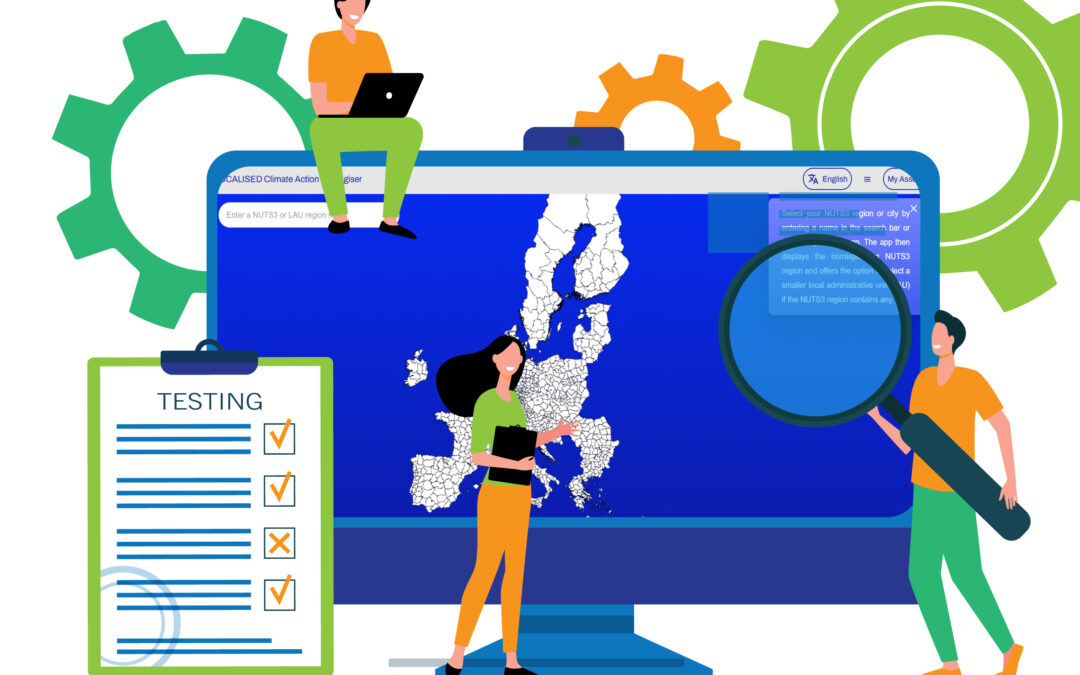
Join the testing of the LOCALISED Climate Action Strategiser!
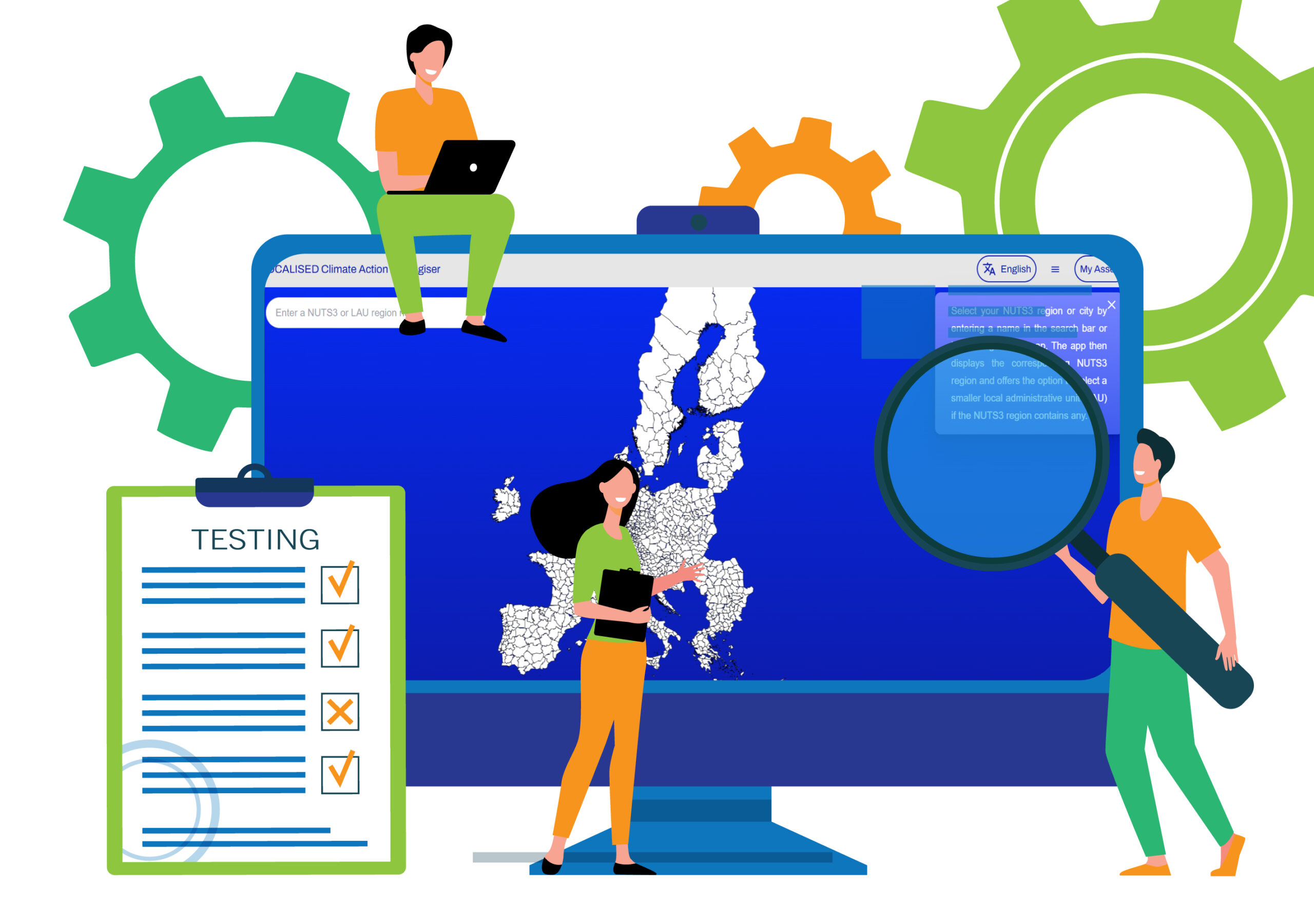
Designed by Freepik
Are you interested in testing a new, state-of-the-art climate action planning tool? In our LOCALISED project we have been developing the Climate Action Strategiser (CAST) over the last three years, together with a range of stakeholders from European cities and regions, and soon it will be ready for testing. To make sure it meets your professional needs in local/regional climate planning, we would be grateful for your valuable feedback!
WHAT IS THE CAST?
The LOCALISED Climate Action Strategiser is a free, web-based climate action planning tool for European regional and local administrations. It translates national climate action roadmaps to the local level and provides relevant knowledge to support administrations and policy makers in becoming driving forces on the road to climate neutrality and resilience.
This is achieved by setting up a comprehensive climate action plan, tailored for your city or region, optimized in terms of cost, emission cut or social equity, and based on scientifically-sound decarbonisation pathways and a large database of adaptation and mitigation measures. Additionally, it will include information on how the chosen measures affect SDGs as well as a monitoring function.
With the tool, you can automatically generate the relevant cornerstones of a Sustainable Energy and Climate Action Plan (SECAP) for the Covenant of Mayors, which can be refined with further input from the user. It is the first tool with an optimization function and has been co-created with multiple stakeholders from the field.
WHOM IS IT FOR?
The tool is designed for all people working in in the field of regional administration, not only specifically on transition. If you have some knowledge on your region, what characteristics it possesses or which sectors are prevalent, you will be able to benefit from it.
It is not necessary for you to have deep knowledge on Climate Change or sustainability, as this is just what the CAST can help you with in an easy way.
HOW TO PARTICIPATE?
The testing will take about 45 minutes of your time. We will send you a link to the tool, let you play around with it and ask you to complete a survey – you won’t need to prepare anything. The first participants to return the survey will receive a free and individual introduction webinar once the final Climate Action Strategizer is launched.
Send your interest in participating to climateaction@climatemedia.de. Once the testing period is open, which will be in summer, you simply need to follow the link we will send to you, and enjoy working with the Climate Action Strategiser.


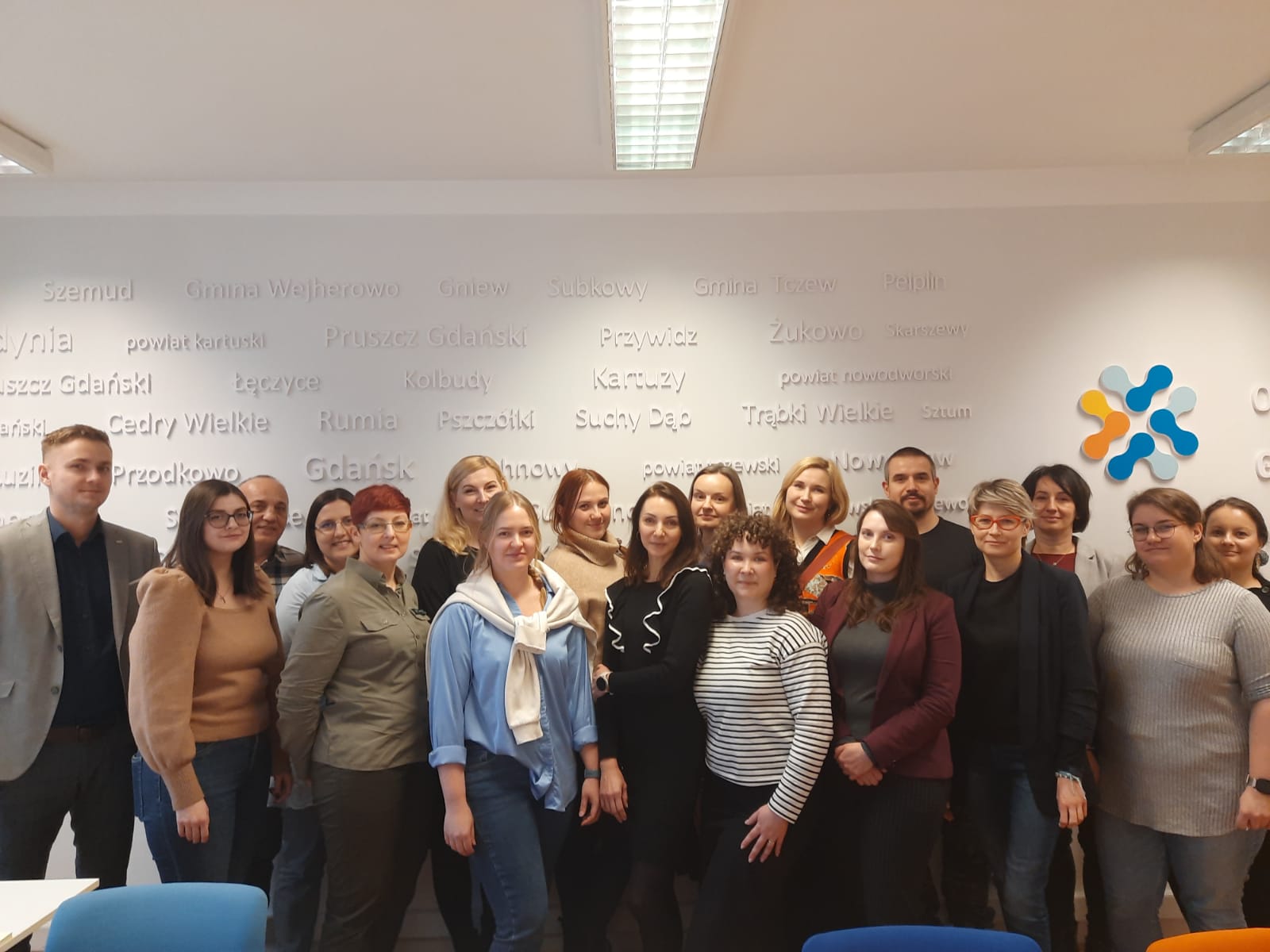
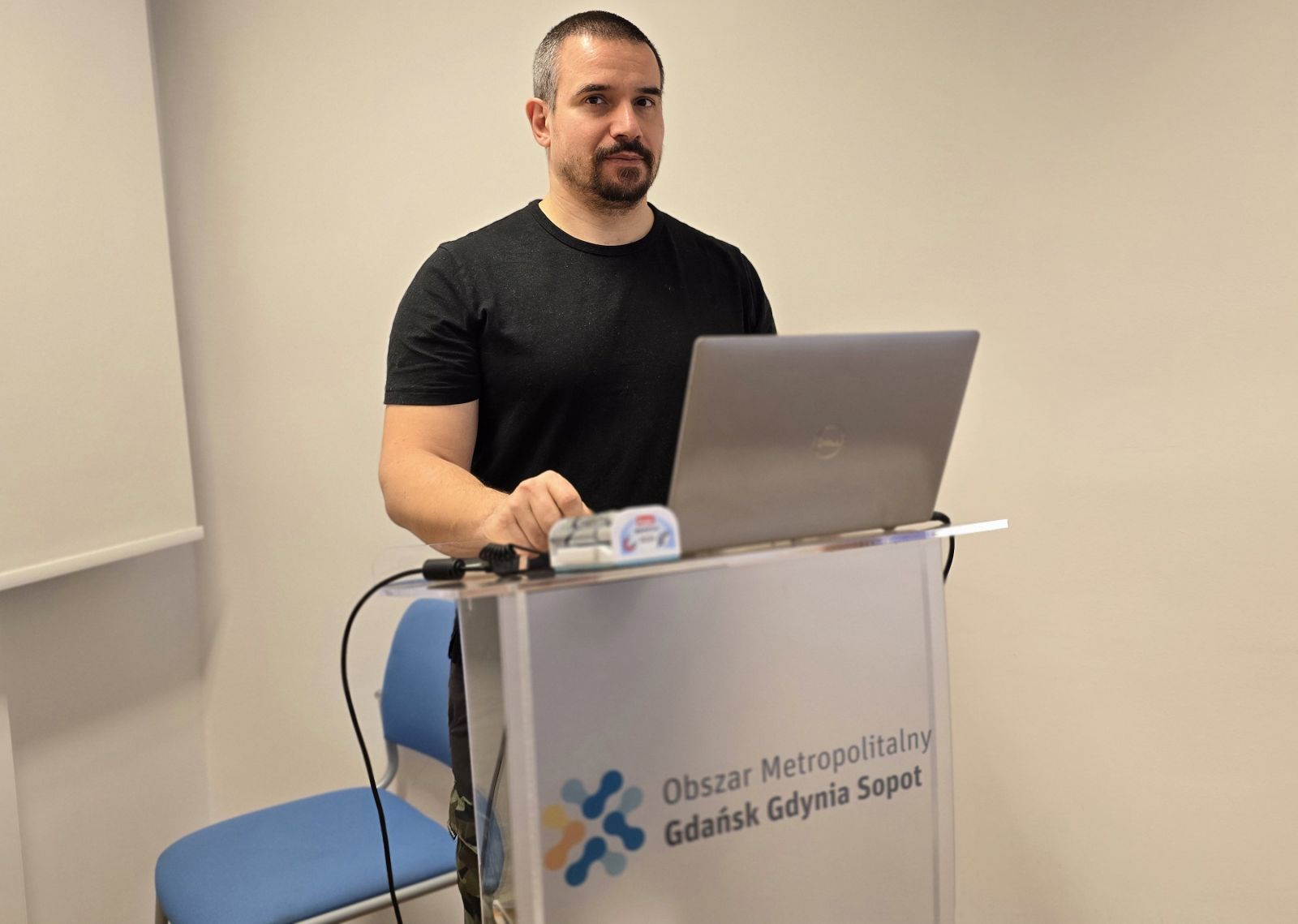
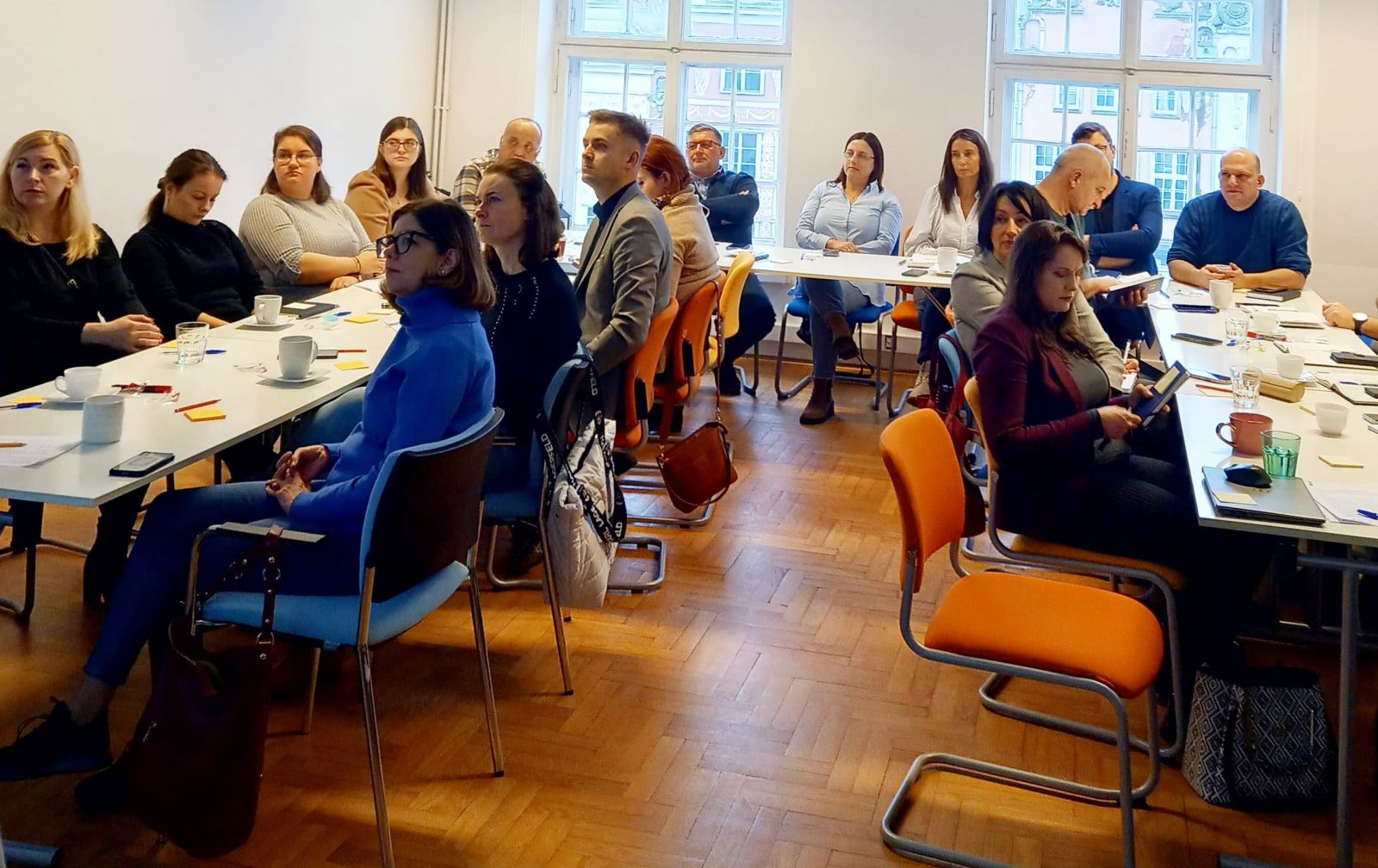
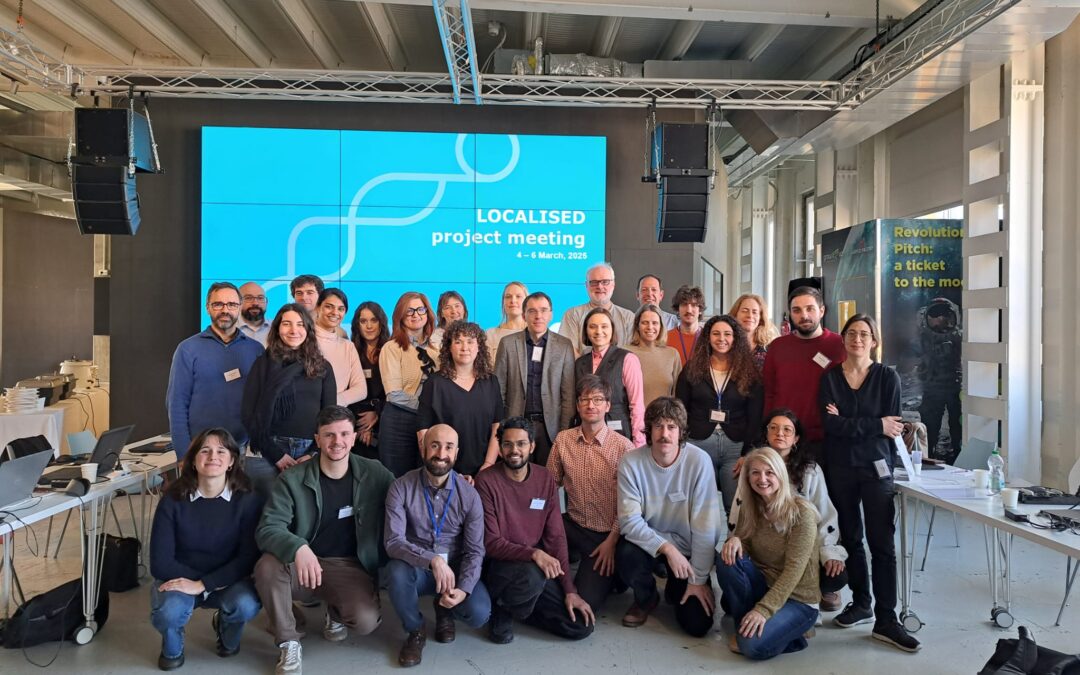

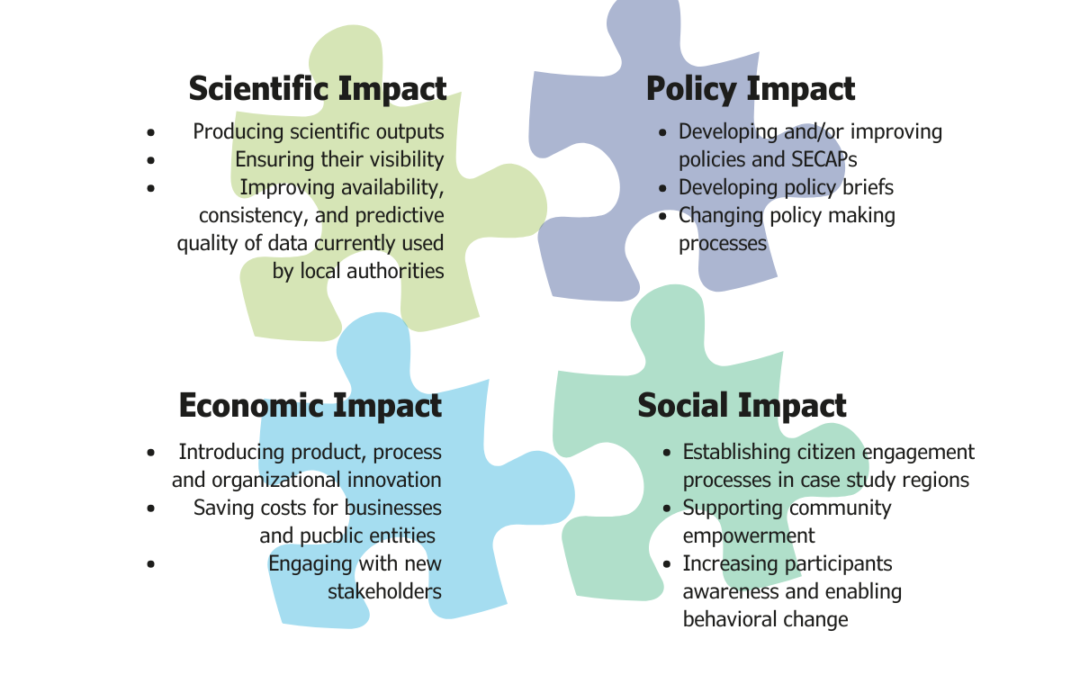
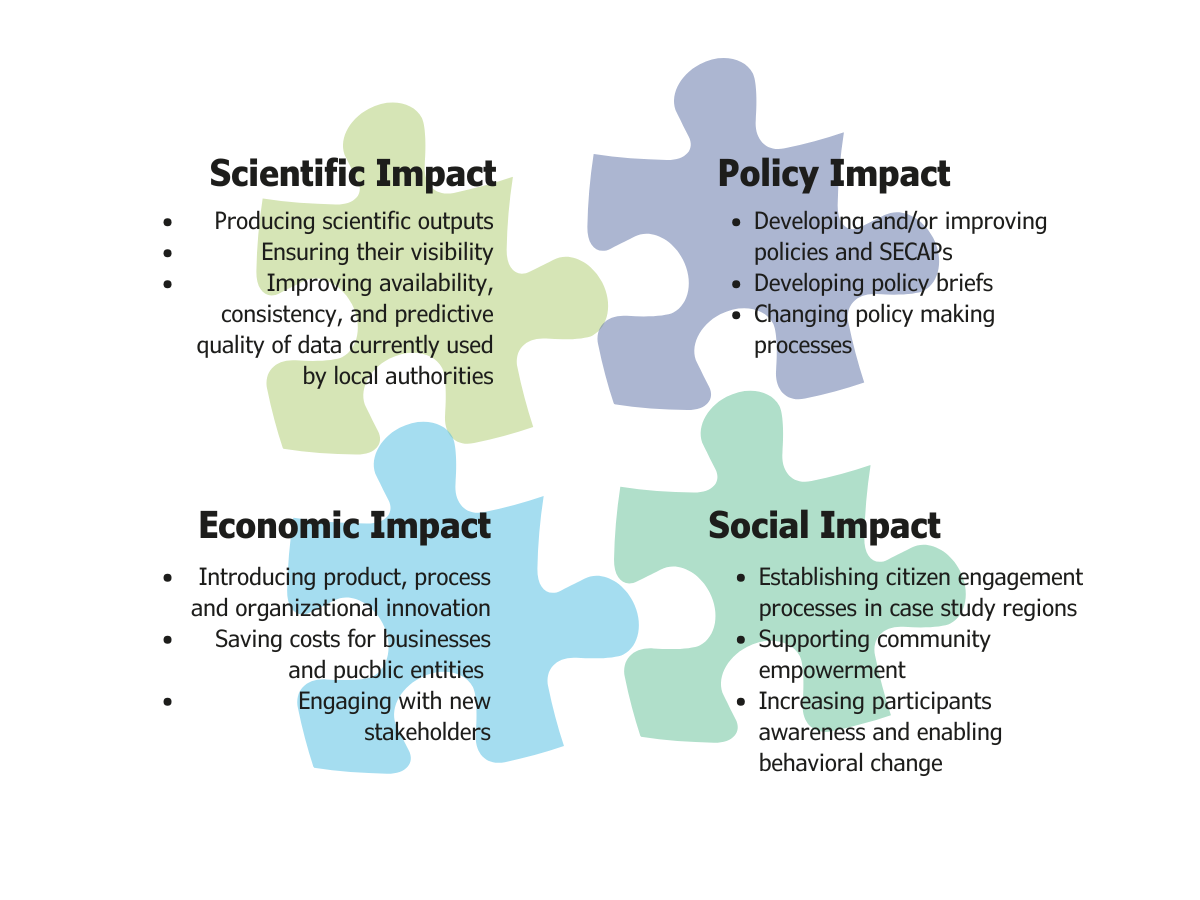
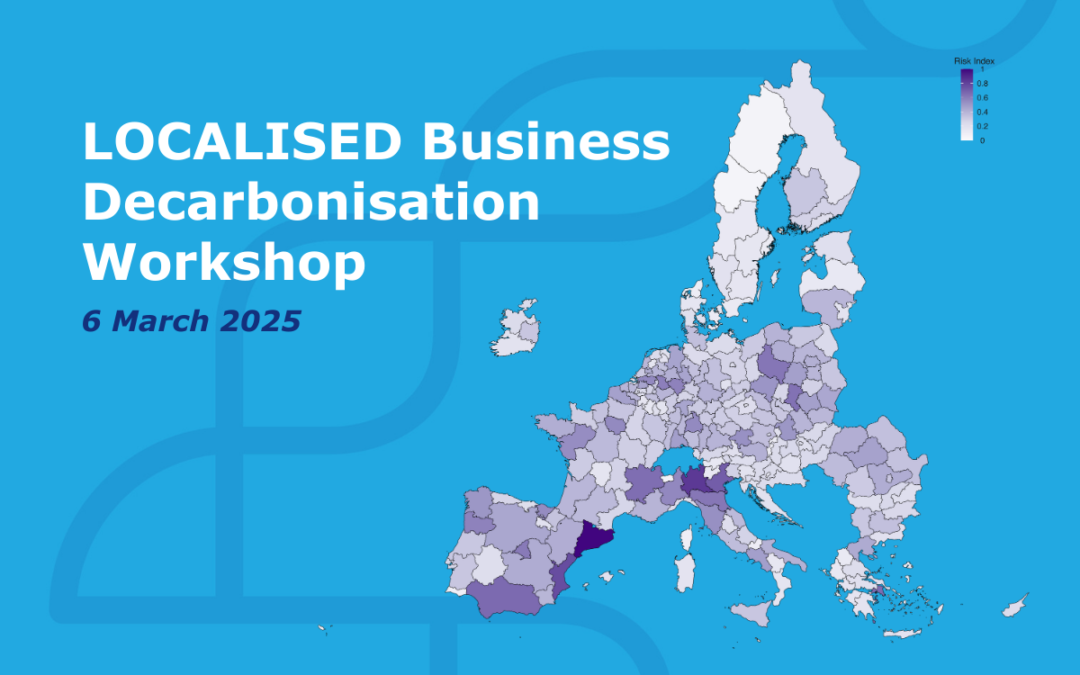
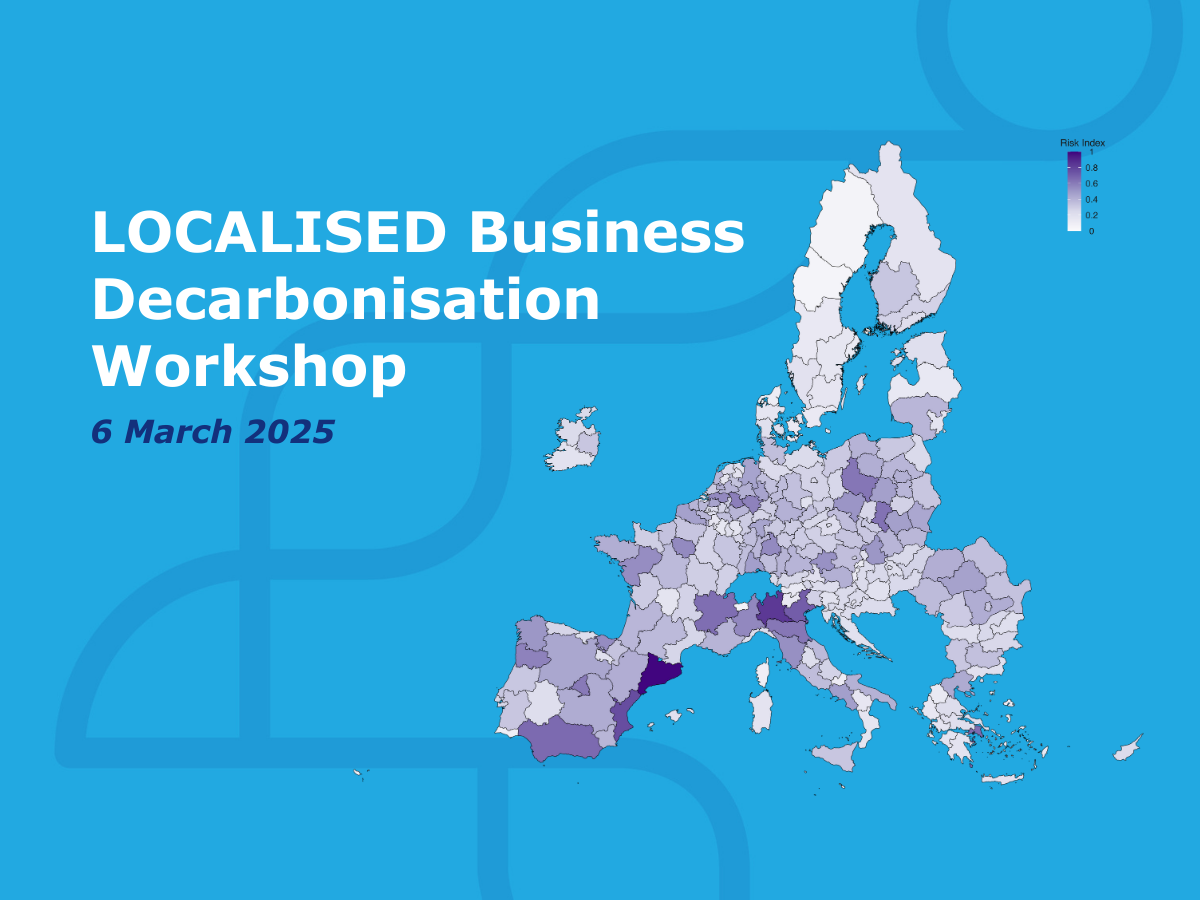
Recent Comments